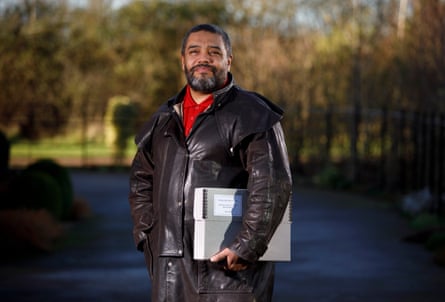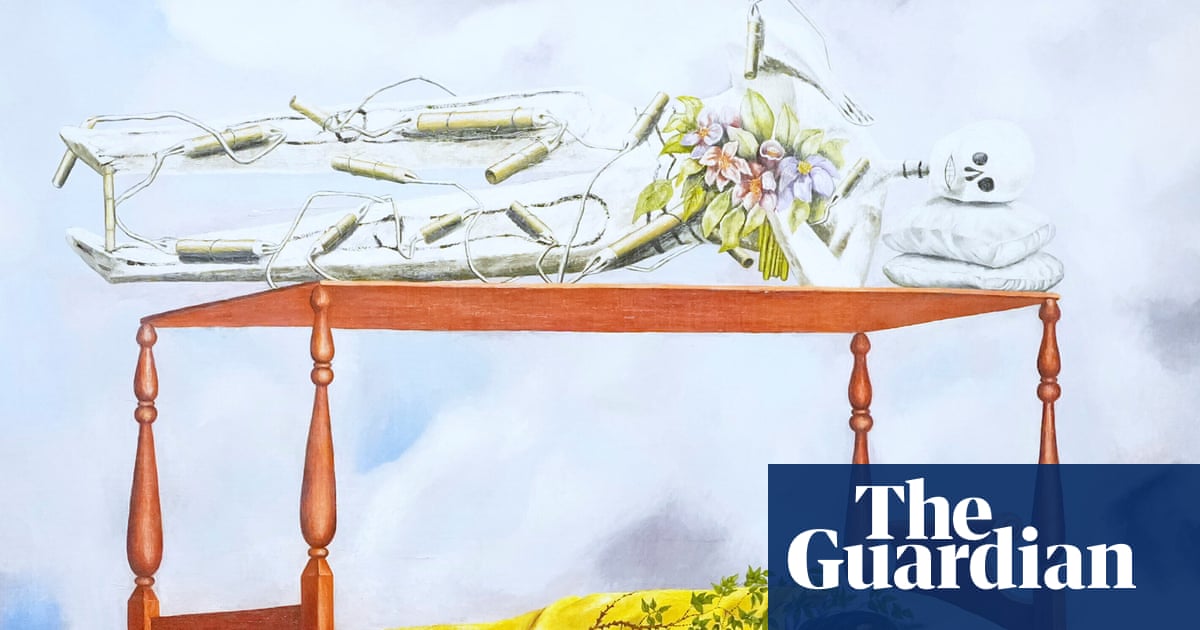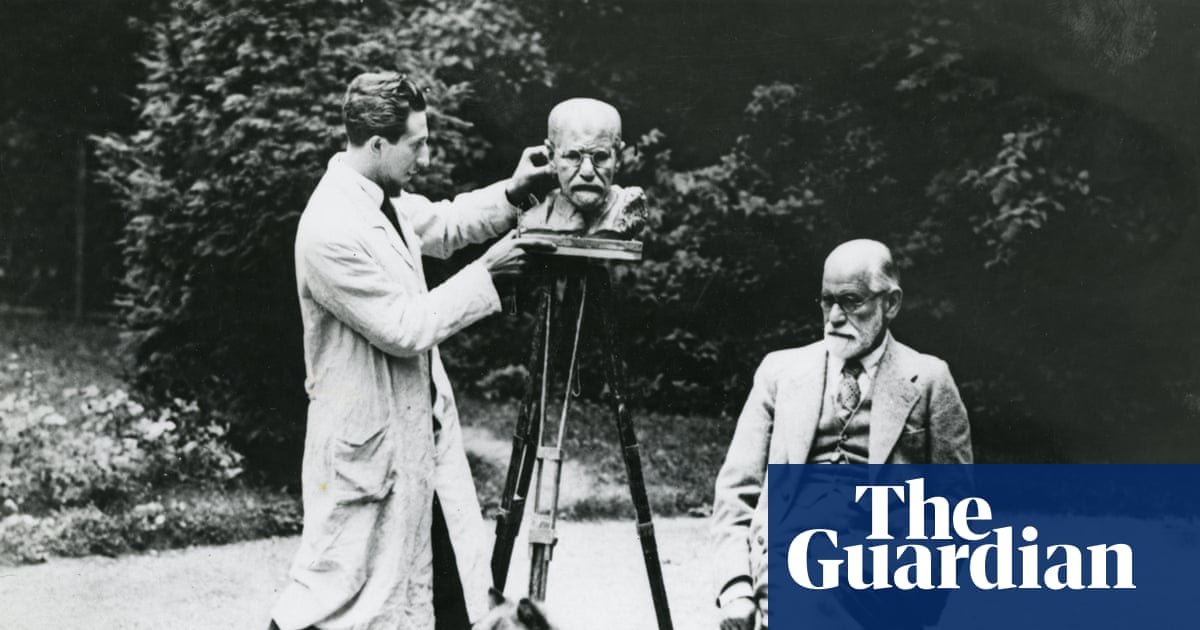A bundle of letters discovered for sale on eBay by a man researching his roots has cast new light on the lives of prominent British families who amassed a fortune from slavery.
Documents detailing the affairs of 19th-century families linked to Sandbach, Tinne and Company, a business that dealt in enslaved people, cotton, sugar and coffee, were being traded online by collectors of rare stamps and postmarks.
But the letters’ significance to the study of colonialism was appreciated only when Malik Al Nasir bought a tranche of them while researching his own family history and began building an archive.
The letters now form part of the University of Cambridge’s landmark Sandbach Tinne collection, joining Isaac Newton and Charles Darwin’s papers in the university’s prestigious Cambridge Digital Library.
The new digital archive is the culmination of 20 years of investigation by Al Nasir, a Cambridge PhD researcher and author. His work details how Lancashire business dynasties, including the family of the Liverpool mayor Samuel Sandbach (1769-1851), the Tinne family and the Gladstones – immediate relatives of Victorian British prime minister William Gladstone – built fortunes from enslavement in Guyana, intermarried and shaped global capitalism and British society.

The Gladstones and the Sandbach family were among the biggest recipients of payments made to enslavers after abolition in 1833, after plantation owners lobbied to redirect compensation from enslaved people to themselves, Al Nasir found.
The collection includes the birth certificates of Black descendants, shows how the plantation economy and the Industrial Revolution were entwined and details the financial and social affairs of the age of empire’s dominant “West India merchants” and their associates.
Through researching his own Guyanese ancestry, Al Nasir discovered he was related to the Sandbach family.
He said: “The process started because I became incredibly frustrated with how difficult it was to know my family history. None of the stuff was indexed and digitised, so I said, ‘I’ll buy it’.”
Documents were being sold from private collections in the hands of philatelists, who specialise in rare postmarks, he said. “What the archive does is give us a unique window into their world. These records were not considered significant. But this massive story, this epic tale of empire was hiding in plain sight.”
Al Nasir, the son of a Guyanese merchant seafarer and a Welsh mother, grew up on a Liverpool estate. His life was transformed when he met his mentor, the poet and musician Gil Scott-Heron, in the 1980s. His memoir, Searching for My Slave Roots, weaves historical revelations with biography.
The work contains new insights on the role played by an enslaved man, Jack Gladstone, in starting the 1823 rebellion, which had a strategy of non-violence. Gladstone was enslaved on the Success plantation in Demerara, Guyana, owned by William Ewart Gladstone’s father, John Gladstone. The book looks at the possible family connection that meant Jack was “mysteriously spared” the death penalty.
It also explores the role played by the Rev John Smith, an English Methodist who preached to enslaved people in Demerara and who was blamed for Jack Gladstone’s rebellion, in winning over the British public to abolition.
Al Nasir added: “The testimony of John Smith went into granular detail about the brutality that was meted out to the enslaved people in Demerara. It was put in ecclesiastical terms and Christian folk felt ‘this can’t happen, this is grotesque’. Abolition gained incredible momentum.”

 3 months ago
75
3 months ago
75

















































